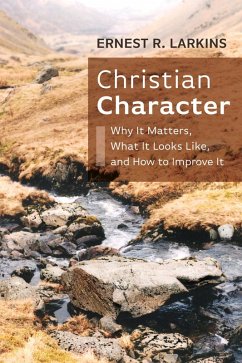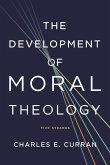What may we say about the significance of particular moral actions for one's relationship with God? In this provocative analysis of contemporary Catholic moral theology Darlene Fozard Weaver shows the person as a moral agent acting in relation to God. Using an overarching theological context of sinful estrangement from and gracious reconciliation in God, Weaver shows how individuals negotiate their relationships with God in and through their involvement with others and the world.
Much of current Christian ethics focuses more on persons and their virtues and vices exemplified by the work of virtue ethicists or on sinful social structures illustrated in the work of liberation theologians. These judgments fail to appreciate the reflexive character of human action and neglect the way our actions negotiate our response to God. Weaver develops a theologically robust moral anthropology that advances Christian understanding of persons and moral actions and contends we can better understand the theological import of moral actions by seeing ourselves as creatures who live, move, and have our being in God.
Much of current Christian ethics focuses more on persons and their virtues and vices exemplified by the work of virtue ethicists or on sinful social structures illustrated in the work of liberation theologians. These judgments fail to appreciate the reflexive character of human action and neglect the way our actions negotiate our response to God. Weaver develops a theologically robust moral anthropology that advances Christian understanding of persons and moral actions and contends we can better understand the theological import of moral actions by seeing ourselves as creatures who live, move, and have our being in God.
Dieser Download kann aus rechtlichen Gründen nur mit Rechnungsadresse in A, D ausgeliefert werden.









